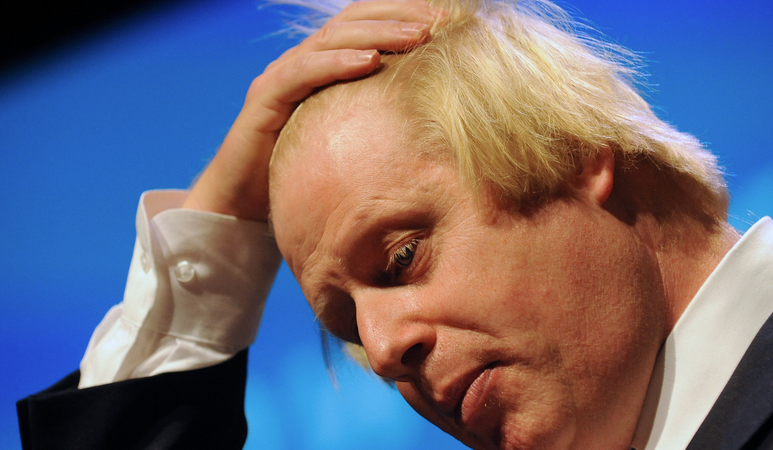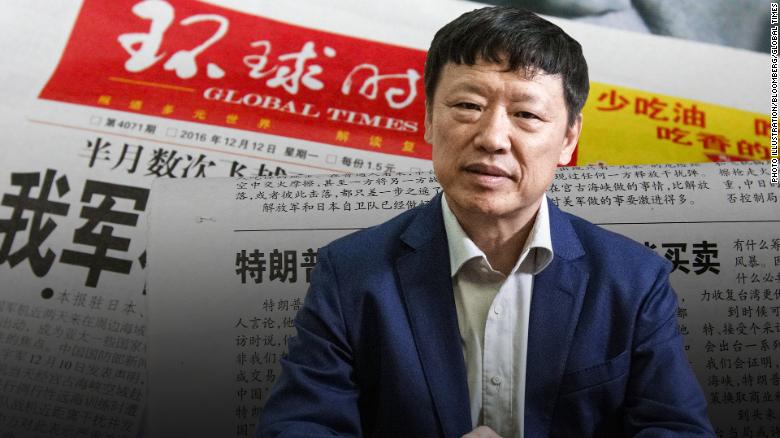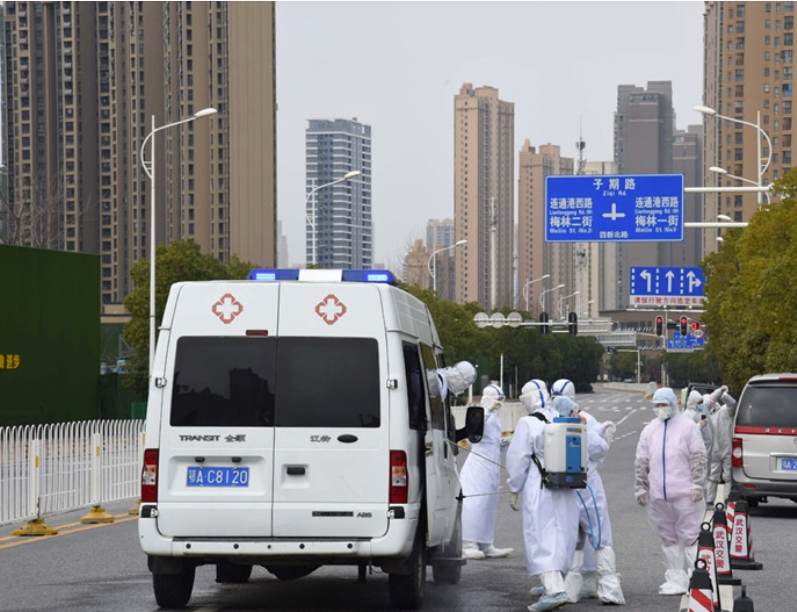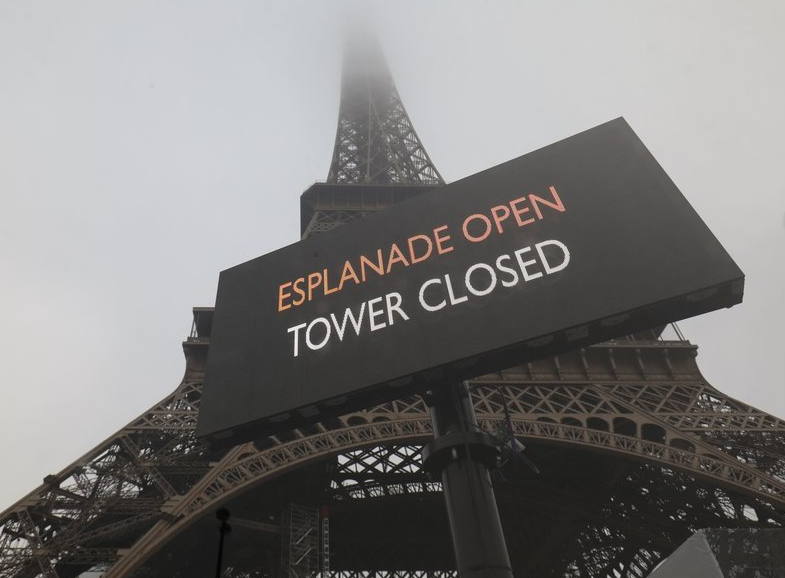Money is flowing into the markets for such materials as copper, silver and aluminum on growing demand thanks to a shift to renewable energy and electric cars.
The trend was triggered by solid demand in China, which brought the COVID-19 pandemic under control ahead of other countries. Now investors around the world are trying to get ahead of the curve on the so-called green cycle poised to lift the commodity markets over the long term.
Three-month copper futures on the London Metal Exchange, the global benchmark, hit a seven-year high earlier this month. With the price at $7,984.50 per ton as of Friday, copper futures have risen about 80% from a low in March when the coronavirus was wreaking havoc in China.
Ever since the spread of infections settled down there, the Chinese government has been propping up the economy through public works investment and other steps. “In China, there is a shortage of many industrial products, and this is spreading to materials,” said Naohiro Niimura, a partner at Japanese commodities consultancy Market Risk Advisory.
China’s monthly imports of copper ingots and related products are well above year-earlier levels in volume terms. Meanwhile, many mines in South America and elsewhere have been forced to cut output due to COVID-19 infections. (more…)




